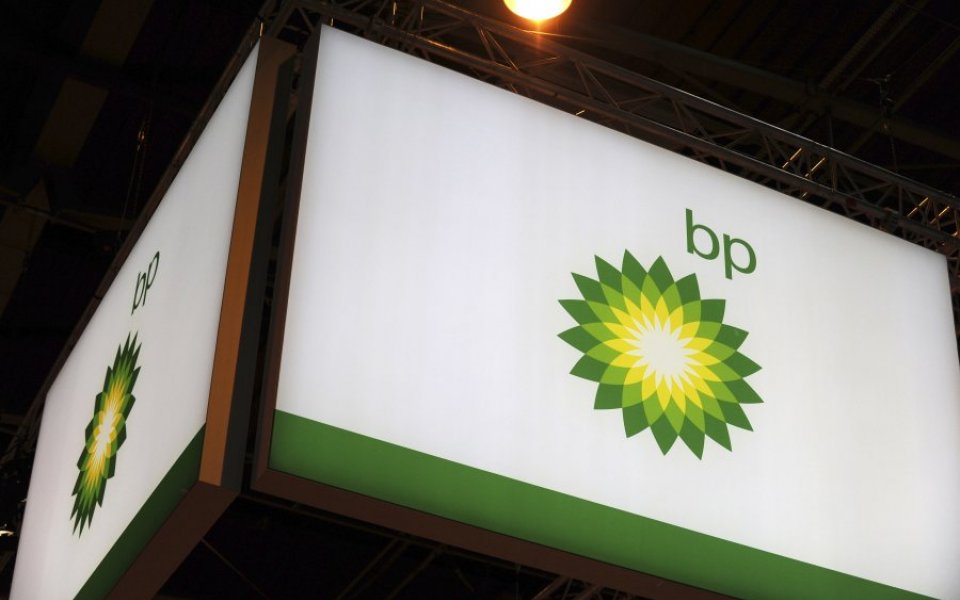BP share price rises amid plans to axe 4,000 exploration and production jobs worldwide by the end of 2016

BP will axe around 4,000 jobs this year, as the oil giant adapts to a tougher business environment in which oil prices are expected to remain lower for longer.
A BP spokesperson told City A.M. that the company had warned employees in its upstream division, involving exploration and production, that about 4,000 roles will go by the end of 2016, taking the total workforce to 20,000.
Read more: Big banks sound alarm over oil outlook
Its UK North Sea business will lose around 600 jobs, from the current total of 3,000, over the next two years. However, most of the job cuts will be taking place this year.
BP said the move is needed to improve its competitiveness amid an increasingly challenging business environment, with oil prices expected to remain lower for longer. The company's chief executive, Bob Dudley, has previously warned oil prices could remain low for several years and energy companies must adjust to this.
Shares in the company were trading up one per cent at 321.4p per share this morning.
Upstream oil and gas companies have been hardest hit by the collapse in global oil prices, with Brent falling below $32 a barrel for the first time in 12 years yesterday. This is because they sell oil at a price dictated by the market, despite their production costs remaining fixed. It's led to aggressive cost-cutting measures, alongside a flurry of asset sales.
Brent crude, the global benchmark, was last down 0.3 per cent to $31.45 per barrel. Meanwhile West Texas Intermediate crude, the US benchmark, was 0.5 per cent lower at $31.25
Read more: BP earnings fall – but beat expectations
BP expects capital spending for 2015 to come in at $19bn (£13.2bn), before falling to $17bn-$19bn a year through to 2017. The 2015 target has been reduced three times from an original goal of $24-$26bn.
But it reported reported better-than-expected third-quarter underlying replacement cost profit, a key measure of profitability in the oil industry, of $1.8bn, ahead of analysts' consensus of $1.2bn.